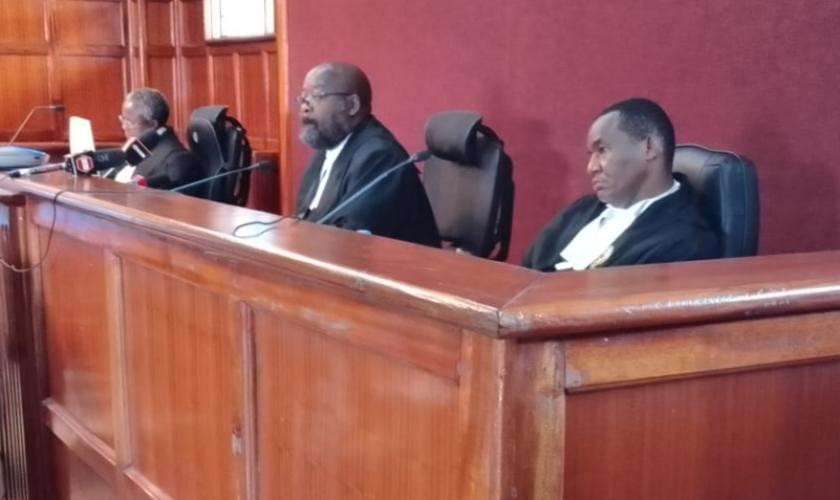×
The Standard e-Paper
Stay Informed, Even Offline

It is a win for employed Kenyans after the High Court in Nairobi declared the Housing Levy contained in the Finance Act 2023 unconstitutional.
The court said that the levy was unconstitutional and vague and that there was no law allowing the Kenya Revenue Authority (KRA) to collect it.